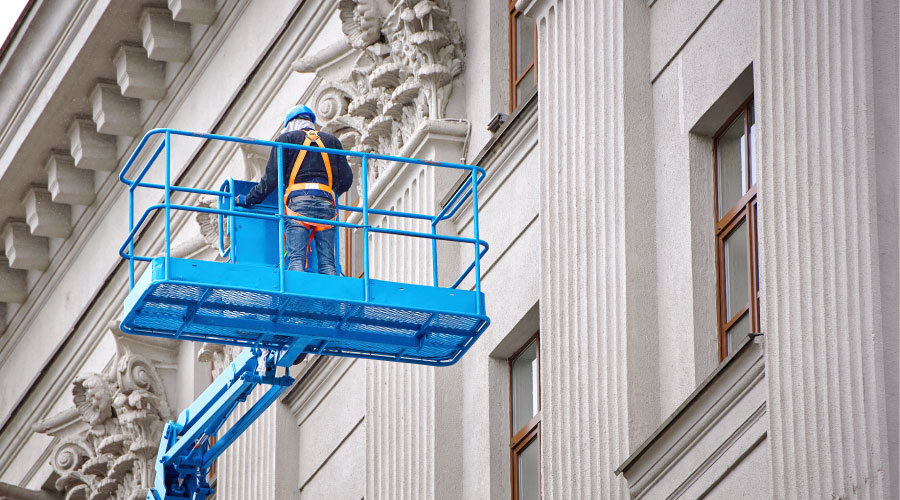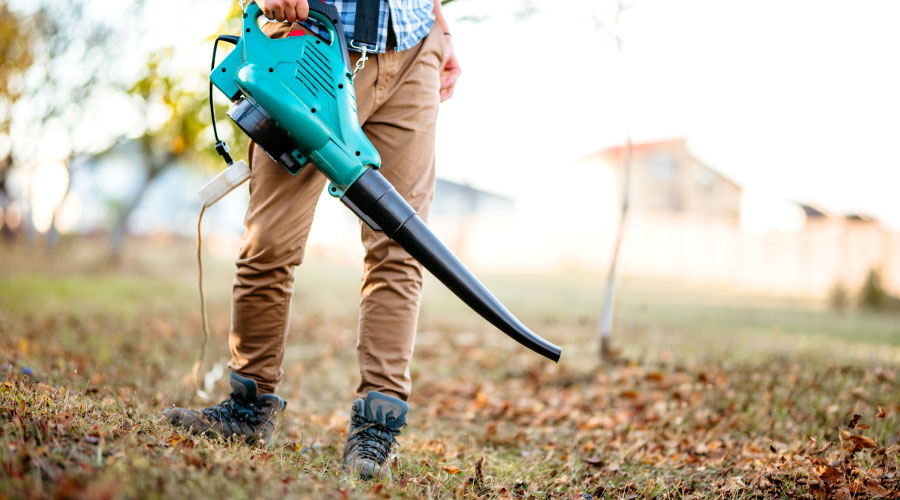Equipment Rental Discussions Must Cover Safety
One additional area that needs attention during the data-gathering process is selection of equipment operators. Options include in-house maintenance personnel or temporary, contracted equipment operators that either the manager or the rental agent selects.
Equipment operation requires a great deal of training and experience in operation, maintenance and safety requirements. Managers need to review the specialized skills each different piece of equipment requires. No job description exists for "general equipment operator."
Because regulations, codes, and equipment designs change constantly, one important factor in the decision on who will operate a piece of equipment involves how recently a potential operator's training and certification took place.
Many documented instances exist of rental trucks accidentally going through walls, cranes tipping under load, units backing into objects and people on job sites, and operators de-activating safety devices. To prevent such incidents, managers need to be sure all safety devices are in place and working properly, and that operators maintain them properly.
For example, do both back-up lights and the horn activate when in reverse? Are functional outriggers in place on the equipment?
Picking a Partner
A reliable rental company will provide references from previous jobs. Managers should try to find a potential rental partner with rental experiences that are nearly identical to the size and type of equipment under consideration.
Managers can ask how the company plans to provide quality service for the project, whether the company will give time-sensitive delivery guarantees, and whether they will provide same-day equipment replacement if the unit fails during the project.
Managers and equipment operators also should inspect the specific equipment they are considering renting and get an operational demonstration from the rental company. Ask the agent to show operators steps in the daily preventive inspection, as well as start-up checks to perform each time they operate the equipment, including outrigger positions, safety-equipment operation, and safe shutdown.
Also, ask the agent to describe steps in the visual inspection, such as checking for hydraulic leaks and the frequency of lubrication. Additional important questions include:
- What tools are included for on-the-job repairs and preventive maintenance?
- What is the specific make of equipment under consideration? With that information, managers can view the unit online to gauge its performance and investigate user complaints.
- What maintenance does the unit require? Managers should review maintenance records for breakdowns or major repairs, including their frequency.
- What operational training does the rental company provide?
- If managers do not have experienced personnel to operate the equipment, does the rental company provide operators? If so, managers need to make sure the operator has gone through thorough train recently, and is certified and experienced on the specific equipment.
Related Topics:











